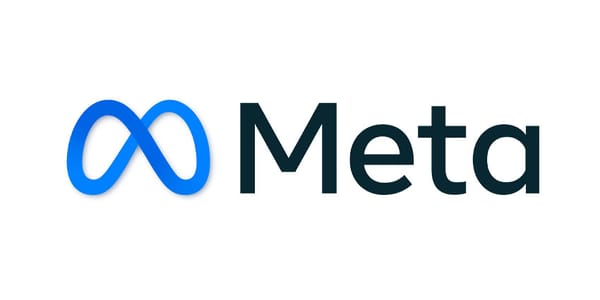Is a Universal Basic Income System Even Possible?

Three years ago, OpenAI CEO Sam Altman published an essay dubbed “Moore’s Law for Everything,” in which he claimed artificial intelligence would soon drastically reshape our world. “As AI produces most of the world’s basic goods and services, people will be freed up to spend more time with people they care about, care for people, appreciate art and nature, or work toward social good,” he claimed. Altman’s vision of the future was a dramatic departure from the present. According to him, software and robots would soon take over much of the global economy, effectively liberating humans from most forms of work.
To Altman, this was a good thing, but it also required a radical shift in America’s thinking about welfare. To offset the economic “disruption” that would occur as a result of new forms of automation (that is, to make up for the fact that AI could potentially destroy millions of jobs), Altman felt that America needed to roll out a bold new system that could financially support the huge new sections of the population that would join the ranks of the unemployed.
What Altman was describing was a universal basic income system. And he’s not alone in thinking it’s a good idea. Basic income pilots have become extremely popular in recent years. By one count, there have been as many as 120 pilots in the U.S. since 2017. In general, these programs, which are mostly carried out by local governments, seem to succeed at what they’re designed to do: alleviate economic anxiety and provide a better standard of living for the recipients. Proponents of such programs envision a future where such programs—which are currently quite small and experimental—could be scaled up to a national, federal system. Indeed, both tech executives and futurists claim that this is not only possible but necessary to alleviate the coming wave of automation




